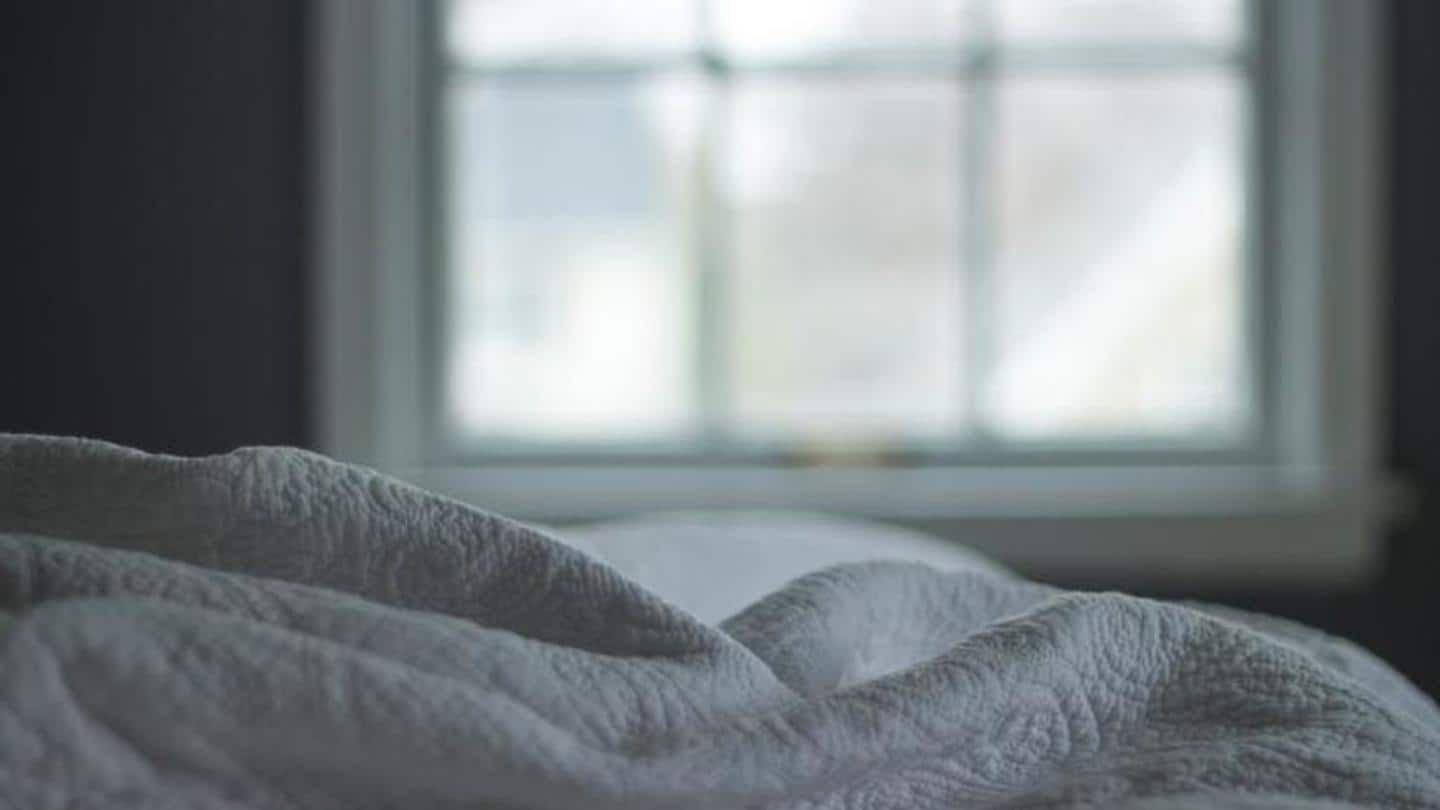
Here are top reasons why good sleep is essential
What's the story
A good night's sleep is extremely crucial for the proper functioning of your brain and entire body. And, please don't fall for those success mantras that emphasize you to "sleep when you die" as it's essential to have 7-8 hours of tight sleep on a regular basis. That's because your brain and body utilize this time to recoup and prepare for the next day.
Weight gain
People who don't sleep enough have greater hunger pangs
Several studies have shown that people who don't sleep enough have greater hunger pangs and this might increase the chances of obesity due to the adverse impact on hormones that control your appetite. Furthermore, even a few days of less sleep may even harm your immune system. So, try to ensure eight hours of sleep at night to overcome all such problems, including inflammation.
Productivity
Good sleep may enhance productivity as well as concentration
Sleep is essential for several other aspects like enhancement of productivity and concentration. A study has found that an improper sleeping schedule has the same adverse effects on the functioning of the brain as alcohol intoxication. Furthermore, good sleepers, in studies, have shown improvement in problem-solving skills as well as memory. Isn't it a good enough reason to follow a good sleep schedule?
Heart health
This is why sleep is beneficial for your heart
Poor sleep also stresses your heart. Heart rates of those who are sleep-deprived stay elevated instead of fluctuating normally. "That is not a good sign. That looks like heightened stress," warns sleep expert, Phyllis Zee, MD, PhD. Less sleep means heightened CRP (C-reactive protein that gets released with stress). If CRP is high, "it's a risk factor for cardiovascular and heart disease," Zee adds.
Other benefits
Adequate sleep aids in improved performance in athletes
Lack of sleep also affects those who are into sports. According to experts, if an athlete sleeps well, they will have better reaction time, speed, and accuracy. As against 7-9 hours of sleep, they may need more hours. "Just as athletes need more calories than most people when they're in training, they need more sleep, too," says sports medicine specialist David Geier, MD.